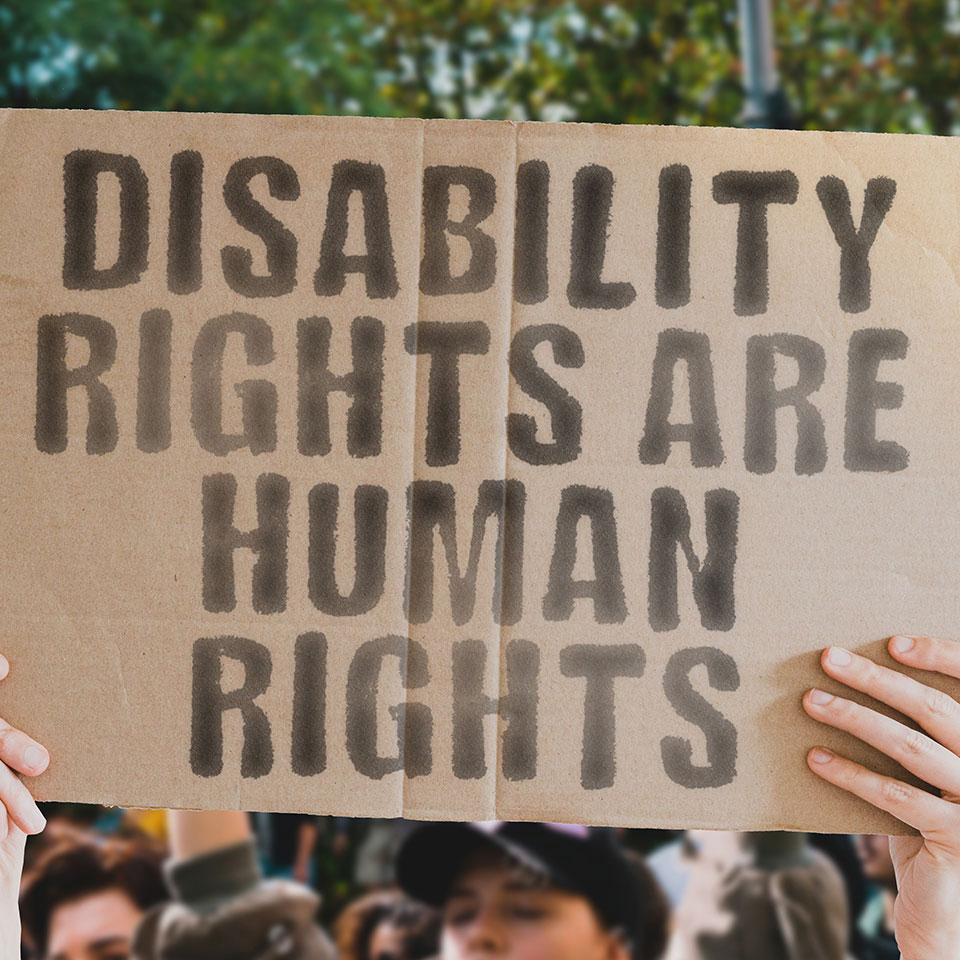Disability Justice
Do you need help?
Six Facts About
People with Disabilities and Violence
People with disabilities have a higher lifetime prevalence of experiencing abuse than people without disabilities.
People with disabilities experience violent crime at twice the rate of people without disabilities.
A survey conducted by the Spectrum Institute of Disability and Abuse Project found that 70% of respondents with disabilities experience some form of abuse by an intimate partner, family member, caregiver, acquaintance, or stranger. Of those…
*87.2% experienced verbal/emotional abuse
*50.6% experienced physical abuse
*41.6% experienced sexual abuse
*37.4% experienced neglect
*31.5% experienced financial abuse
*37.3% reported the abuse to law enforcement
*Alleged perpetrators were arrested in 10% of abuse cases reported to law enforcement.
NCADV | National Coalition Against Domestic Violence. (2018). Retrieved 6 July 2022, from https://ncadv.org/blog/posts/domestic-violence-and-people-with-disabilities

What
Work Are We Doing?
Additionally, we receive funding through the Arizona Developmental Disabilities Planning Council to provide education to sexual violence advocates, public fiduciaries, legal service providers, group homes, day treatment centers, independent living centers, community-based disability advocacy organizations, and long-term care facilities. Training to these organizations has been limited in the past, due to lack of existing knowledge and education. Our goal is to increase knowledge around sexual abuse among providers to prevent future abuse and retraumatization among people with intellectual and developmental disabilities throughout Arizona.
Resources
For Sexual Assault Survivors with Intellectual and Developmental Disabilities
- Accessible Trauma Counseling locations in Arizona for Sexual Assault Survivors with I/DD
- Arizona Sexual Violence & Intellectual and Developmental Disabilities Response Collaborative Training Directory
- Arizona Sexual Violence & Intellectual and Developmental Disabilities Response Collaborative Statement
- The need for emergency shelter for Arizona sexual assault survivors with I/DD
- Information about Healthy Relationships and Sexual Advocacy – A Self-Advocate Resource Guide Created by People with Disabilities for People with Disabilities
- Preventing Sexual Abuse in Arizona Schools: 2021 Suggested Protocols for Students with Intellectual, Developmental, and Other Disabilities
- Click here to visit the Arizona Developmental Disabilities Planning Council’s resource page for additional resources
For Domestic Violence Survivors with Intellectual and Developmental Disabilities
- Strategies for Domestic Violence Victims with Intellectual & Developmental Disabilities | Multnomah County (multco.us)
- Domestic and Sexual Violence Survivors with Disabilities – Workplaces Respond to Domestic and Sexual Violence
- Strategies and Tools for Serving Survivors with Intellectual and Developmental Disabilities: A Webinar for I/DD Service Providers – End Abuse of People with Disabilities (endabusepwd.org)
- Resource Library – End Abuse of People with Disabilities (endabusepwd.org)
- Supporting Survivors with Intellectual/Developmental Disabilities (IDD) (pcar.org)
To request a specific training in this area, click here